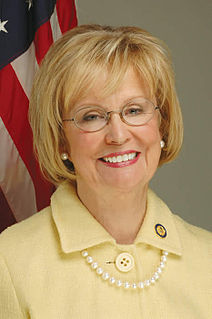A Quote by Michael Leunig
As a child, I heard many warnings from teachers about the perils of talking with strangers. Yet now, fairly late in my life, I can think of not many things better than to talk with strangers. The idea of being a stranger is also very appealing.
Related Quotes
Is there an idea more radical in the history of the human race than turning your children over to total strangers whom you know nothing about, and having those strangers work on your child's mind, out of your sight, for a period of twelve years? Could there be a more radical idea than that? Back in Colonial days in America, if you proposed that kind of idea, they'd burn you at the stake, you mad person! It's a mad idea!
If we can continue to come together and work on small things little by little, at least it's something. It's a start. At least now there's a lot more talk about climate change and the Earth's state than when I was a kid. I guess it's better late than never? But it's also very tricky because this is something that's so important to so many of us, and a lot of people don't see it that way. But hopefully, we can get all our points across to them - one by one, one person at a time.
I have a terrible problem with procrastination. A friend told me, "Well, you should go to therapy." And I thought about it, but then I said, "Wait a minute. Why should I pay a stranger to listen to me talk when I can get strangers to pay to listen to me talk?" And that's when I got the idea of touring.
The Internet is full of strangers, generous strangers who want to help you for no reason at all. Strangers post poetry and discographies and advice and essays and photos and art and diatribes. None of them are known to you, in the old-fashioned sense. But they give the Internet its life and meaning.
There's something inherently more appealing about the idea that you could reveal and tell stories about characters over the course of a TV season - 13 or 26 episodes, whatever it might be - than in the course of one two-hour movie. You can do so many more novelistic kinds of things on a TV show - with time, with gradual development of relationships, and so on - than you could possibly do in a movie. And that is very appealing.
Now we're in a very different economy. Throughout the late 1980s and 1990s American management started to do the right things. There was extraordinary investment in technology. The dominant questions now are less how to do it better, how to manage better, how to make the economy better, than how to have fuller and more meaningful lives. Because the irony is, now that we've come through this great transition, even though our organizations and our people are extraordinarily productive, many feel that the nonwork side of life is very thin.


































